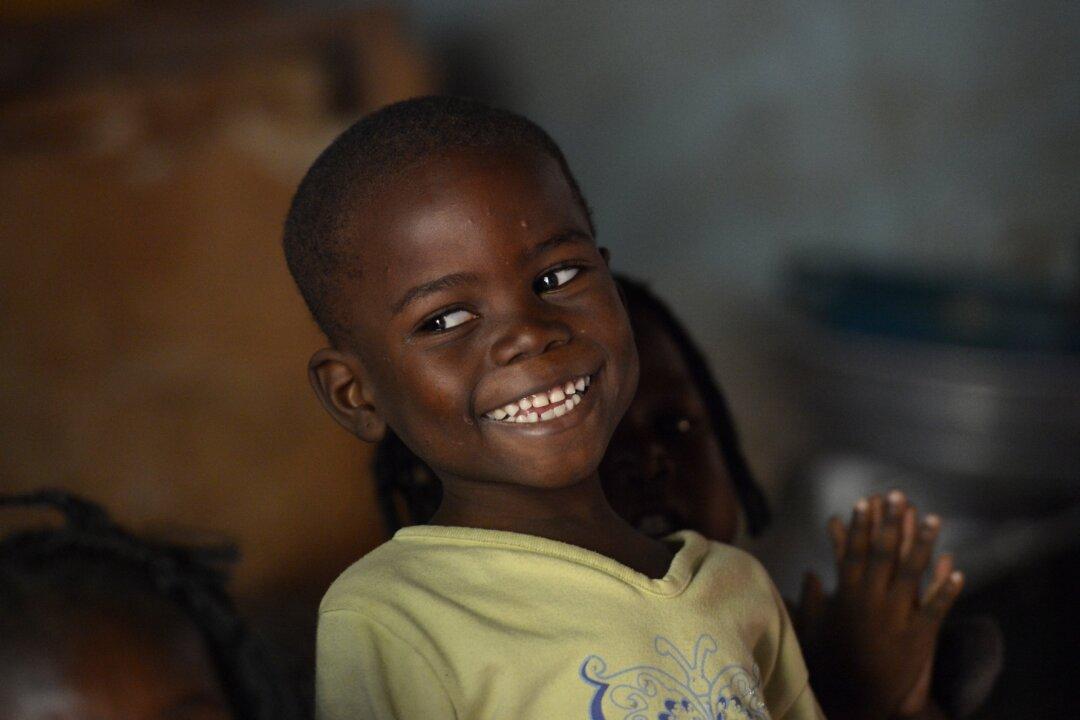RIGASA, Nigeria—As Aisha Usman makes her way out of the bus, three boisterous children and teens dart toward the bus from their bungalow to greet her.
“Welcome back home, mum,” they chorused, almost simultaneously.

RIGASA, Nigeria—As Aisha Usman makes her way out of the bus, three boisterous children and teens dart toward the bus from their bungalow to greet her.
“Welcome back home, mum,” they chorused, almost simultaneously.